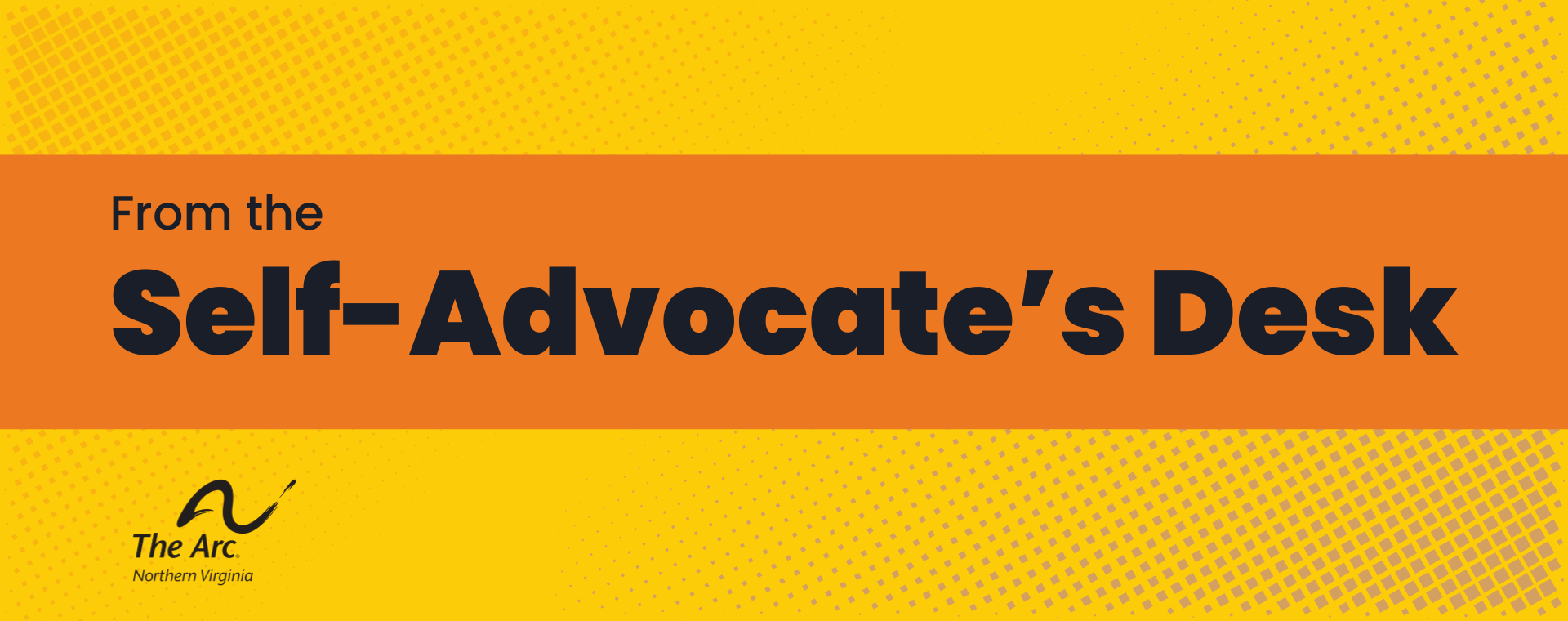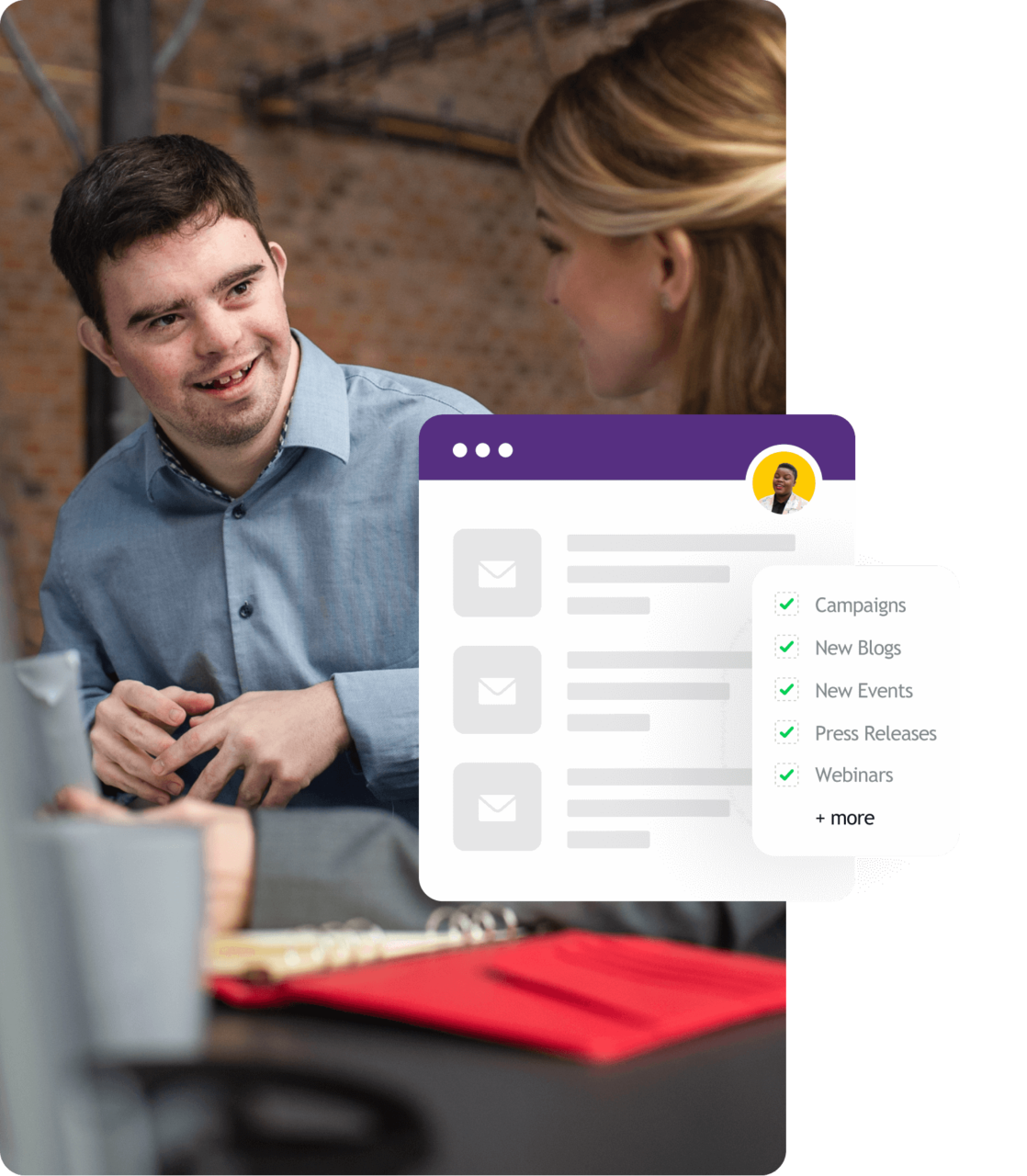This feels like the darkest article I’ve ever written, and it’s hard to even think about. But, with that being said, this type of article needs to be written and shared because there are many scary unknowns that lie ahead for all of us, and for people with disabilities, planning as best as possible for the future is key.
I know many families wonder, “What happens when I’m no longer able to take care of my loved one, or I pass away?”
A lot of parents are struggling to have this question answered. No one wants to imagine life without your loved one, and for what life will become for them.
Some people may think that someone with a significant disability may not understand what’s going on, but trust me when I tell you, they are fully capable of understanding in their own way. If something happens to parents or loved ones, they will be devastated in their own way. It doesn’t matter what any medical professional says about comprehension. They understand and they are going to heavily grieve. Here are some things to think about to help prepare them:
- Appoint a team of supporters, or even a guardian to help with understanding and making choices
- Start building a team of people who know and love your child to check in on them, oversee annual paperwork, send birthday cards, and do the things that matter to your loved one.
- If your loved one needs a guardian, make sure that you have a successor to take guardianship over that job. This could be people like:
- Other loved ones
- Friends
- Aunts and uncles
- Siblings to your love one
- Potentially even grandparents
- Whoever will be part of this helping team should be sure to spend a lot of time with the person with a disability, so they are familiar with them and that they are comfortable with them. They should be able to read their body language, and know how they react to joy, pain, fear, and more.
- Make sure whoever is taking on these jobs has the time and energy to devote to helping. If you divide up the jobs, it doesn’t have to bee too much.
- Special Needs Trusts or ABLE accounts
- Make sure you get a Special Needs Trust or ABLE set up, and get in the habit of paying into it once a month. Encourage other family members to do this, too.
- Housing
- It’s critically important to have housing set up. Many people don’t think about this, because some people think that the individual will go to a group home. But, in reality the whole point of having plans set up in advance is making sure that your loved one is extremely comfortable after the events of something happening to you. Group homes are great for some people, but a move like that is a big change. Think about modifying your own home so the person can stay there, or exploring services so they can have a home or apartment that feels like home and fits their needs. Do this while you’re able to help with the transition.
- Medicaid Waiver
- Medicaid Waiver can cover personal assistance and all types of equipment to keep your loved one living independently. That is key.
- Teach them about life and death
- It’s sad, but the sooner that they know the better to learn this lesson, even when it is hard. If you are religious, make sure they understand what will happen next. Keep reminding them that when you do pass on, you will have made plans to take care of them.
- Life insurance
- Make sure that you have enough life insurance coverage to the needs of your loved one and to provide financial security. This can pay directly into a Special Needs Trust.
I know these ideas are hard to consider for many people, but trust me when I tell you it’s important to have everything set up. You don’t know what the future will bring, and you don’t want your loved one being put in a position where they are uncomfortable or without what they need most.
by Justin Boatner

